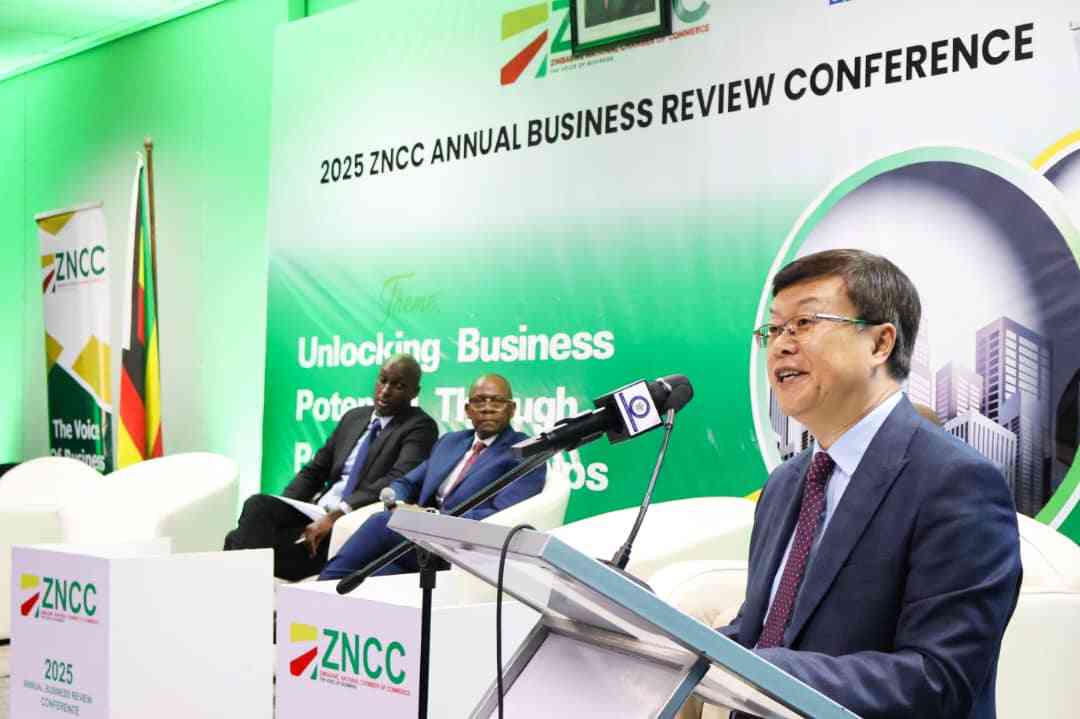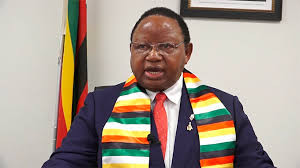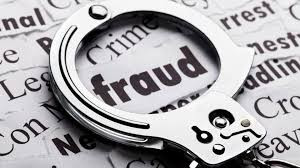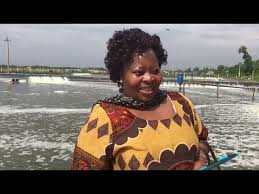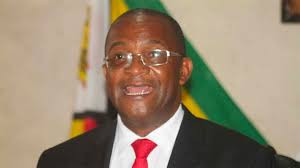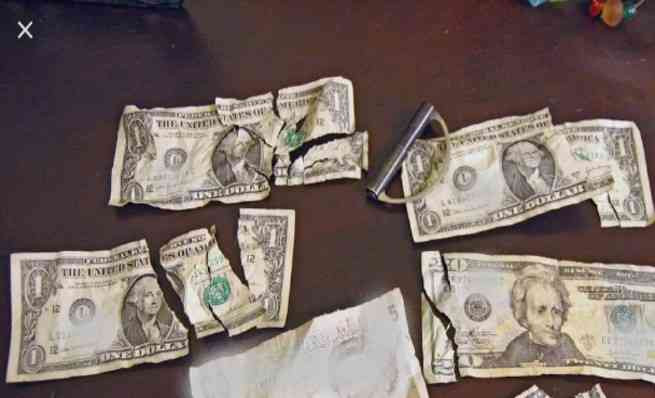
For Takudzwa Moyo (30), buying torn or worn-out money is not just a hustle but a way of earning a living.
“As for me it represents an opportunity. With the little profits I make from buying torn money, I manage to earn a living,” he said.
“The exchange rate or amount I give people with torn money depends on how torn the money is. But mostly, when someone comes with a torn US$5 note, I give that person US$3 or US$4, if its US$10 I usually give people US$8 so that I can benefit something.
“Since I sell airtime as well, I prefer to use that money to order airtime. So, I get my profits after selling airtime,” said Moyo.
On the streets of Harare, amid the hustle of daily life, a unique culture has emerged — the money-buying brigade — a group of individuals who are seeking out and buying damaged currency.
Chinese made loud speakers echo 'Tinotenga mari yakabvaruka (We buy torn money).
Zimbabwe's businesses and the populace are of late refusing torn greenbacks, for reasons best known to them.
Extremely worn out United States dollars (USD) are also rejected. For the money-buying brigade, damaged banknotes represent a business opportunity.
- Zimbabwe needs to rethink economic policies
- Zimbabwe needs to rethink economic policies
- Mayhem as schools reject Zimdollar fees
- Forex demand continues to fall
Keep Reading
They collect the notes, often at a fraction or nearly half of their value and then exchange them at banks or other financial institutions for new "clean" notes.
This process can be time consuming for them, but it is quite lucrative, particularly during periods of high inflation or currency instability.
A vendor on Harare's streets,Tinotenda Mukwada (31), said: “I saw buying torn USD notes as a business opportunity and innovative way for me to survive. As for me, buying and exchanging torn money has changed my life,” he said.
“I wake up early and spend the rest of the day on the streets, doing this business. If someone has US$1 or US$2 note, I usually give that person half of the amount, then when I collect about US$200, I go and exchange it at the bank and reap my profits.
“I prefer buying small notes which are below US$10 because in the banks, they will just give you the exact amount of money you have. If you go to other banks with bigger notes like US$50 or US$100, they will give you 90% of the money,” he said.
The rise of this peculiar profession can be traced back to the economic hardships that have plagued Zimbabwe for decades. Hyperinflation, currency shortages and other economic hardships have paved way for the money-buying brigade. Joseph Mugauri (36) is a torn-money buyer who has been navigating through the unconventional trade for almost a decade.
"I started this long back because I saw that the state of the economy was really bad and it’s still the same. I saw an opportunity to make money in this economy. I make better profits from this,” he said.
"With the little amounts some people are earning, when they get torn money, they become desperate to use their money. I saw an opportunity to help such people while making a living at the same time."
Beyond the financial gains, Mugauri sees his work as a service to the community.
"People come to me with their damaged money, feeling hopeless. When I exchange it for them, it's a small victory as it gives them a sense of relief," he said.
Mugauri’s operations are characterised by meticulous scrutiny as he examines each note, assessing its level of damage, potential value as well as currency regulations.
“It's not just about the physical condition of the money, we (the money-buying brigade) also have to be aware of any recent changes in currency regulations or bank policies. We are also aware of what the US government has said about torn and damaged money,” he said.
While the potential rewards are significant, the money-buying brigade faces some challenges.
Mugauri said: "People sometimes worry that I may cheat them or take advantage of their desperation, to an extent that some may end up not exchanging their torn money in the process," he said.
For Mukwada, the only challenge he faces is that it takes a lot of time for him to collect a large amount of torn money before he takes it to the bank, since he prefers to buy small USD notes.
Meanwhile, supermarkets and other formal traders are also rejecting torn money.
Some formal traders said it took a lot of time for them to collect a reasonable amount of torn money for them to be able to take it to the bank.
“I cannot accept torn money, I will not have time to take it to the bank because I will be inconvenienced in my day-to-day running of the business,” said Esther Mutandwa, a formal trader in the Harare central business district.
Kudakwashe Mutizwa, a kombi driver said: “We (kombi drivers) do not accept torn money because of how we operate. We will be rushing to and from different places for us to earn better amounts per day, so we do not have time to collect torn money which will need our time to take it to the banks,” he said.
However, according to the US embassy, any badly soiled, dirty, defaced, disintegrated, limp, torn or worn-out currency note that is not mutilated and does not require special examination to determine its value, is considered legal tender.
Also, the US government policy states that “all designs of US Federal Reserve notes remain legal tender or legally valid for payment, regardless of when they were issued". This policy includes all denominations of Federal Reserve notes from 1914 to present, according to the US embassy.
Public relations manager of the Reserve Bank of Zimbabwe, Isaac Muzambi, was not in a position to comment on the issue of the money-buying brigade despite numerous efforts to contact him.
However, it is noted that the Reserve Bank of Zimbabwe (RBZ) mandates Zimbabwean banks to accept soiled money in exchange for crisp notes.
RBZ has reportedly asked citizens to use official channels to make this exchange.
National police spokesperson Commissioner Paul Nyathi said the trading of foreign currency on the streets was illegal and not allowed.
“The exchange control regulations in Zimbabwe prohibit the buying and selling of foreign currency on the streets and outside authorised dealers, such as banks. These regulations govern foreign currency transactions in the country and they include the Reserve Bank of Zimbabwe Act (Chapter 22:15), Exchange Control and Bank Use Promotion and Suppression of Money Laundering Act (Chapter 24:24). So, street trading of foreign currency is illegal and can lead to arrest and prosecution,” he said.
Nyathi added: “The Zimbabwe Republic Police views illegal foreign currency trading as a threat to security and national economic stability.
The police consider it a form of economic sabotage, which can lead to inflation, currency devaluation and other economic problems.”
He highlighted that ZRP has been conducting operations to arrest individuals involved in illegal foreign currency trading as they are often viewed as engaging in illicit activities that undermine the country’s economic stability.
However, as Zimbabwe continues to grapple with economic challenges, the money-buying brigade remains an integral part of the country's financial landscape.

